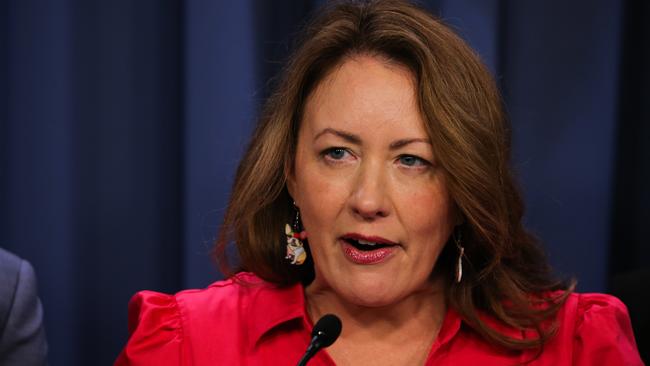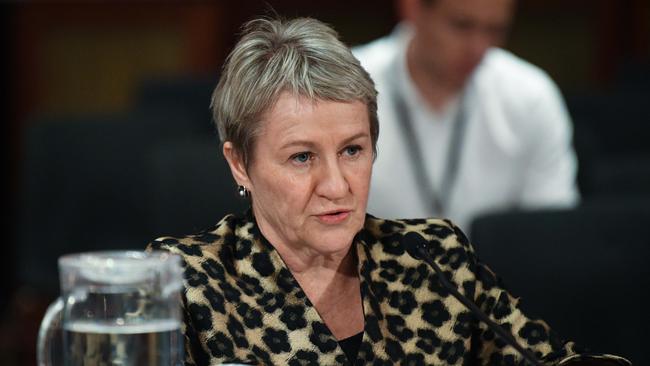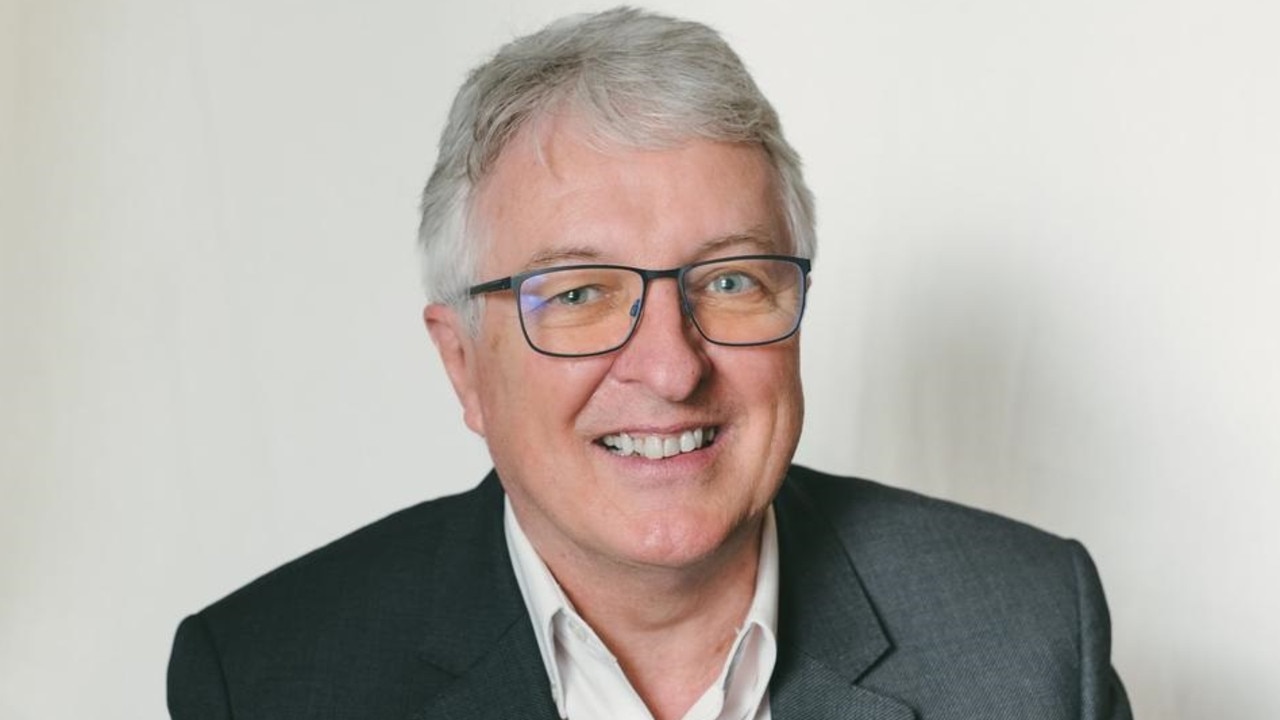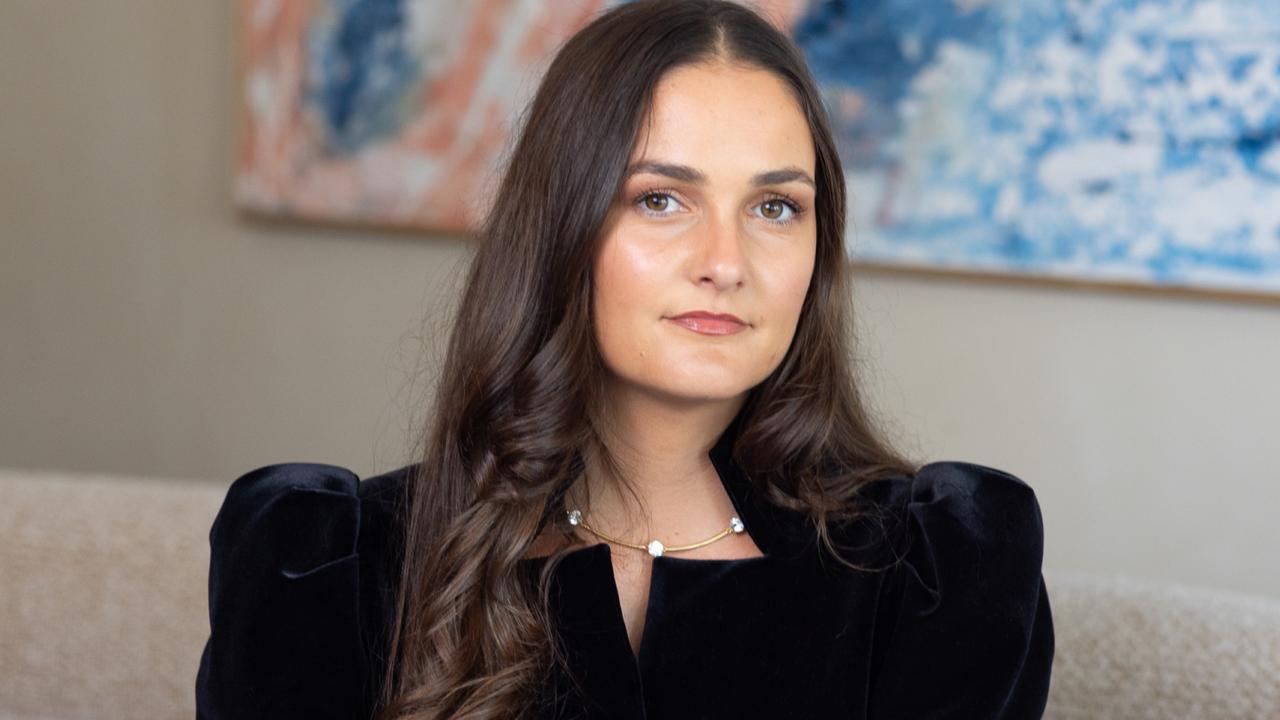NSW Parliament consultancy inquiry questions PwC acting chief’s role on health body
A NSW parliamentary inquiry has questioned the appropriateness of acting PwC chief Kristin Stubbins’ decision to swap from a health board role to be its consultant.

The NSW parliament has quizzed moves by the chief executive of PwC Australia, who resigned from her role on the board of a local health body to work on contracts for the same agency.
A NSW Legislative Council inquiry, examining the use of consultants by the NSW government, heard that PwC acting CEO Kristin Stubbins was on the board of the South East Sydney Local Health District during the period in which the professional services giant she worked for was granted contracts for a major body of work with the agency.
Greens member Abigail Boyd noted that, following the moves to award PwC contracts, Ms Stubbins resigned from her role on the board “because she wanted to do that work that PwC had been awarded the contract for back in her other role”.
Ms Boyd questioned whether it was “possibly not ideal” that Ms Stubbins was able to “advise and also come in as board members”.
“I’m not accusing Ms Stubbins of anything,” she said.
“(The Independent Commission Against Corruption) is very clear it’s not about the character of a person whether or not there’s wrongdoing, it’s about the perception and how that impacts on what the ordinary person might think.”

Ms Stubbins was a member of the board from 2012 to 2016 and was the chair of the SESLHD finance and performance committee during this time.
She was also present on the board when the SESLHD agreed to contract PwC to provide a number of services.
SESLHD board chairman Michael Still has previously told The Australian that times had changed in terms of conflicts of interest, but in those days the board “needed help from whatever competent professional they could get”.
The NSW government has spent almost $1bn on consultants over five years.
The inquiry heard that NSW Health had spent $22m on consultants across the department last year.
Of this, a further $3.7m was spent “not at a consolidated level” while an additional $6.4m was spent on contracts with the so-called “big four” for contracting services.
The inquiry heard that the NSW Auditor-General Margaret Crawford had found only three of 82 consulting engagement examples had shown evidence of a past engagement review to discern whether those contracts had delivered value for money.
Ms Crawford also told the inquiry “consultants aren’t used strategically” by parts of the public service
The upper house inquiry raised concerns abut the way in which contracts had been awarded to consultants outside of normal procurement procedures.

This included a rostering system contract awarded by NSW Health for its ambulances.
The inquiry heard the NSW government relied on systems that required departments to assess consulting contracts and declarations to determine conflicts of interest.
For sintance, department secretaries signed off declarations that agencies were following procedures.
However, Ms Boyd, who is chairing the inquiry, said she was concerned this was resulting in “a procurement board that is marking its own homework”.
Ms Boyd said Thursday’s hearing had highlighted “real concerns about the extent to which the NSW government has become reliant on these big consulting firms”.
“The NSW government process for managing the engagement of these consulting firms gives me absolutely zero comfort that we’re not being taken for a ride by the consulting industry,” she said.
“Given the inadequate procedures in place at NSW Procurement, the widespread failure to assess consulting contracts to determine if they have been value for money, and the misplaced trust that government agencies are putting in consultants to simply do the right thing, it is no surprise that the NSW public sector is being so easily drained by the consulting industry.”
Thursday’s hearings come as the NSW government moved to put three-month bans in place on PwC over tax work with the government and to impose rules requiring the firm to reveal if its partners working on state contracts had been involved in the use of confidential tax briefings.
PwC has faced weeks of criticism over revelations it used confidential tax briefings from the federal government to construct tax-minimisation strategies for its clients.







